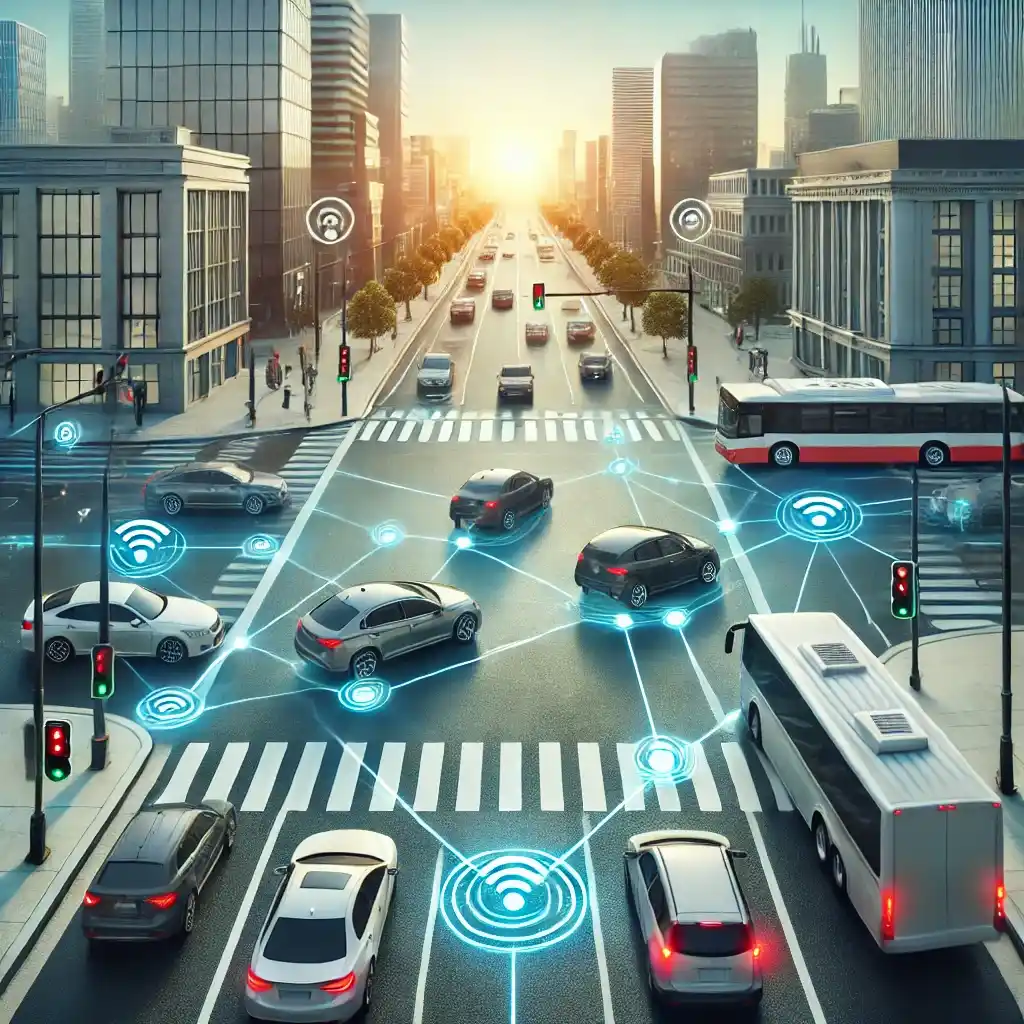
Privacy Concerns Surrounding Tracking Traffic Lights: An Urgent Call for Action
In recent years, the deployment of “tracking traffic lights” in the Netherlands has raised significant privacy concerns among both policymakers and citizens. These innovative traffic lights, designed to communicate with mobile phones of road users, have the capability to gather vast amounts of personal data, prompting intervention from the Dutch Data Protection Authority (AP). With the AP sounding the alarm once again, it is imperative for the Ministry of Infrastructure and Water Management (IenW) to take decisive action to address these privacy risks.
Why Traffic Lights bring Privacy Concerns according to Dutch DPA
The concept behind tracking traffic lights is simple: they are utilized to measure traffic flow by connecting with the apps on road users’ mobile phones. However, what sets them apart from traditional detection loops is their ability to collect personal data, raising serious questions about privacy infringement. Unbeknownst to many, these traffic lights establish contact with mobile phone apps, enabling them to gather a wealth of personal information. From tracking complete travel routes, including date, time, and speed, to enabling road authorities to monitor individuals’ movements, the implications for privacy are profound.
One of the most troubling aspects is the apparent lack of consideration given by road authorities to the privacy risks associated with these tracking devices. Furthermore, there is often a lack of clarity regarding the sharing and responsibility of collected data, as mandated by the GDPR. These oversights underscore the urgent need for thorough assessment and regulation of tracking traffic lights to ensure compliance with data protection laws and safeguard individuals’ privacy rights.
The AP’s renewed call for action underscores the gravity of the situation. Having previously alerted the Ministry of IenW to the risks associated with tracking traffic lights in 2021, the AP’s recent communication emphasizes the need for immediate investigation into the design and usage of these devices to ascertain their compliance with the GDPR. Additionally, the AP urges the Ministry to engage in dialogue with all road authorities involved to address and mitigate the identified privacy risks effectively.
Traffic Lights and Privacy: some final remarks
As concerns surrounding privacy continue to mount in an increasingly digitized world, it is incumbent upon regulatory bodies and policymakers to prioritize the protection of individuals’ personal data. In the case of tracking traffic lights, proactive measures must be taken to strike a balance between traffic management objectives and privacy considerations, ensuring that innovation does not come at the expense of fundamental rights. Only through collaborative efforts between governmental bodies, regulatory agencies, and stakeholders can effective solutions be devised to address the pressing privacy challenges posed by emerging technologies like tracking traffic lights.